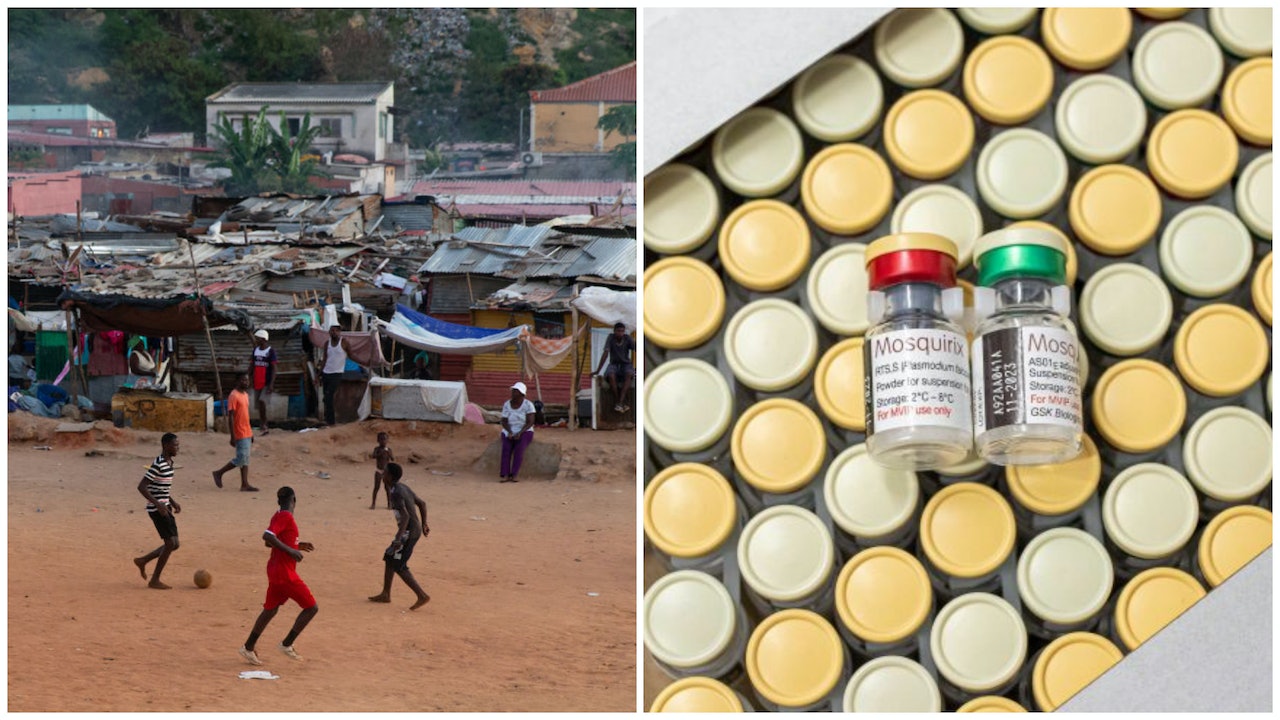According to various media reports, it was pointed out that about 30 people arriving in Hong Kong from Africa suspected of contracting malaria are being sent to Princess Margaret Hospital for treatment.
Malaria, a disease that has plagued Africa for years, will kill more than 600,000 people, mostly children, in 2021, more than the death toll from Covid-19 in the same year.
The WHO approved the first vaccine in October 2021, hoping to be effective against malaria.
According to WHO data, there are an estimated 241 million malaria cases globally in 2020, with an estimated 627,000 malaria deaths that year.
Globally, Africa is the hardest-hit region, accounting for 95% of cases and 96% of deaths, and it is estimated that children under the age of five account for 80% of all malaria deaths in Africa.
Nigeria, the Democratic Republic of Congo, and Tanzania are among the hardest hit areas.
In 2021, WHO will report 602,020 malaria deaths in the African region.
In the same year, Africa reported 113,102 deaths from the new coronavirus (COVID-19), although according to WHO experts, the number may not be true, and the actual number may reach 350,000. The number of deaths from malaria is still higher than this number.
How does malaria spread?
no human-to-human transmission
According to the website of the Hong Kong Centre for Health Protection, malaria is a serious and fatal disease caused by parasites of the genus Plasmodium, including Plasmodium falciparum, Plasmodium malaria, Plasmodium ovale, and Plasmodium vivax. and Plasmodium knowlesi, a disease commonly found in warm climates such as tropical and subtropical regions of Africa, Southeast Asia and South America.
According to the website, malaria is transmitted by infected female Anopheles mosquitoes. After the female Anopheles mosquito bites a malaria patient, the mosquito will become infected and spread the malaria when it bites another person.
Malaria is not spread from person to person, but it can be spread through the transfusion of contaminated blood or blood products, organ transplantation, or the sharing of needles or syringes.
Malaria can also be transmitted from the mother to the fetus or newborn baby during pregnancy or childbirth.
The WHO states that the first symptoms of malaria (such as fever, headache and chills) usually appear 10-15 days after the bite of an infected mosquito. Symptoms may be mild and difficult to detect as malaria, but if left untreated, Plasmodium falciparum malaria Serious illness or even death can occur within 24 hours.
In 2020, nearly half of the world's population is at risk of malaria.
Some groups of people have a much higher risk of contracting malaria and developing severe disease than others, such as infants, children under five, pregnant women, people living with HIV, etc.
Tedros: The picture shows the World Health Organization Director-General Tedros Adhanom Ghebreyesus delivering a speech in Geneva, Switzerland on May 24, 2022.
(AP)
How does the WHO fight?
In October 2021, the World Health Organization (WHO) approved the world's first malaria vaccine RTS, S/AS01 (also known as Mosquirix) developed by the British pharmaceutical company GlaxoSmithKline Plc (GSK) since 1987. historical initiative and recommends widespread vaccination of children in sub-Saharan Africa and other regions with moderate to high levels of malaria transmission.
World's first malaria vaccine RTS, S/AS01 (also known as Mosquirix) approved by WHO in October 2021 (Getty)
The results of the trial showed that the vaccine is safe, feasible, cost-effective, and reduces the chance of a deadly severe malaria infection by about 30%.
WHO Secretary-General Tedros Adhanom Ghebreyesus described it as a historic moment at the time, saying "the use of this vaccine against malaria in addition to existing tools could save tens of thousands of young lives each year."
More than 165 children died from an "unknown disease" in the Democratic Republic of Congo

